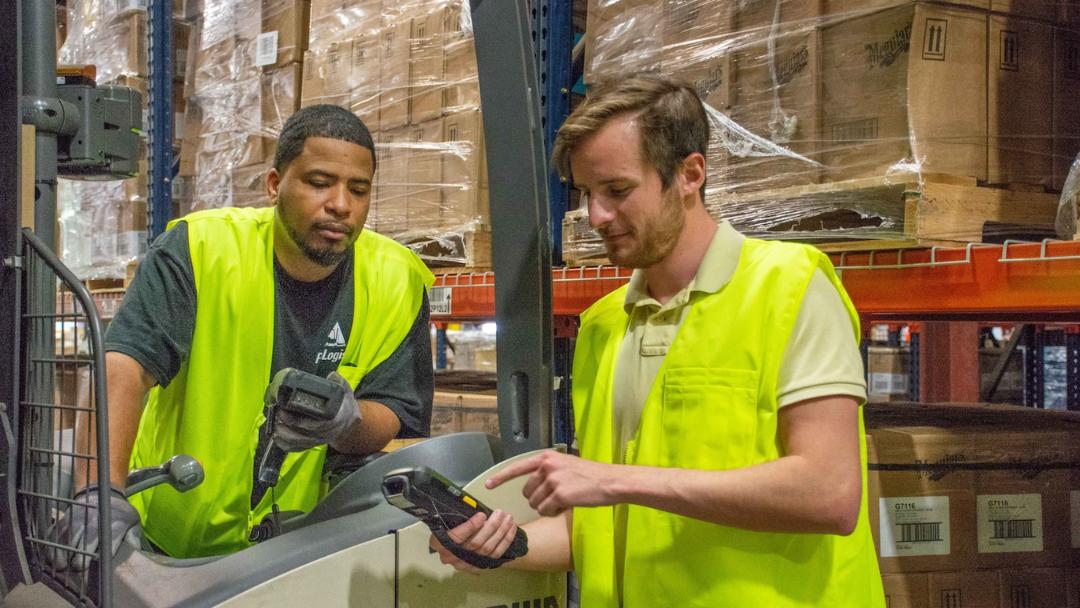It’s no secret that there’s a severe labor shortage in the logistics and warehousing industry. There’s also an acute skills shortage. Even if businesses had the required number of employees they need to remain productive, many of these workers don’t have the requisite experience or capabilities. So, what exactly are the in-demand skills that business leaders are looking for? Let’s take a look:
Soft skills
Skills can broadly be sorted into two primary categories, namely soft and hard skills. “Soft” skills (also called transferable skills) are concerned more with personality traits (which can be developed and enhanced) and interpersonal interactions. As Seekho explains, the logistics and warehousing environment is constantly changing, so employers in this sector require a very particular set of soft skills including
- Problem-solving: Employees must have the ability to think on their feet and generate feasible solutions quickly. They need to be able to do damage control and come up with a ‘plan B’ if mistakes are made between one stage of the supply chain and another.
- Organization and coordination: it’s essential that employees are able to plan ahead and manage their time well. Further, because the supply chain is such a complex ecosystem, it’s imperative that they can work in a team to ensure all processes are congruent.
- Performing under pressure: Because logistics and warehousing is a fast-paced industry, it’s vital that employees can remain calm in stressful situations. With large volume orders, they must be able to keep a level head and get the job done.
- Leadership and decision-making: Many people are involved in every step of the supply chain and it’s vital that managers can lead their teams effectively. Team leaders need to be able to make hard and fast decisions without hesitation while taking all relevant factors (such as budget and time constraints) into account.
Hard skills
By contrast, “hard” skills are what most of us tend to think of when we hear the word “skill.” They relate to technical abilities that can be quantified and measured objectively. They’re often industry-specific and can’t be transferred from one job to another as easily as soft skills. These are some of the sought-after hard skills in the logistics and warehousing industry:
- Digital savviness: As the supply chain becomes increasingly digitized and reliant on technology, employees must be familiar with and able to operate various platforms and applications specific to the supply chain such as digital inventory management systems. This requires IT experience and constant learning and training to keep up with newly developed and applicable technologies.
- Data processing: Similarly, employers are looking for employees who are mathematically inclined and able to use data processing programs like Python and SQL. With large volumes of orders come huge amounts of data that need to be analyzed to increase efficiency.
- Cybersecurity: Because there’s so much sensitive information being stored on the cloud, companies are in dire need of professionals who can protect that data. Businesses require professionals who can ensure that this data is safe from being breached or stolen.
Interested in finding skilled logistics and warehouse talent?


